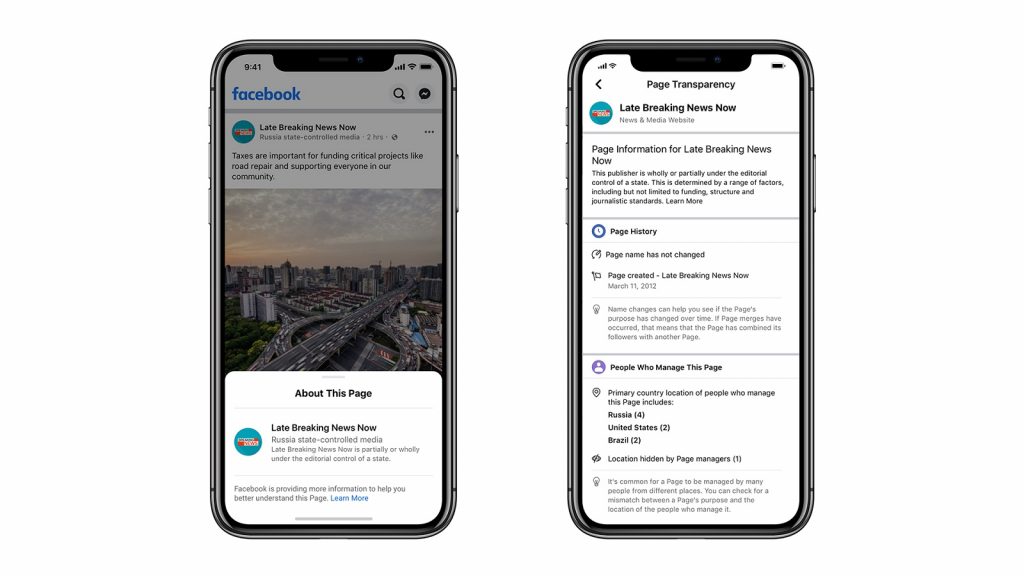HONOR has officially opened pre-orders for its much-anticipated HONOR 400 and HONOR 400 Pro smartphones in South Africa — ushering in a bold new…
Facebook to start labelling state-controlled media

Facebook will begin labelling media outlets on its platform that are partly or wholly controlled by state governments. The move is the latest in a series of steps to help users identify where their news is coming from.
But the change falls short of policies critics have hoped to see introduced to the social network.
The company made the announcement on 4 June on the Facebook newsroom. These labels will now appear on the Ad Library Page view, on outlets’ Pages, and in the Page Transparency section for outlets.
Facebook will also add these labels to ads from media outlets later this year.
However, in order for Facebook to label a media outlet as state-controlled, it will need to meet a series of criteria.
This means that Facebook won’t necessarily label all outlets owned by governments or biased in favour of government. For example, Facebook says that if there are enough editorial protections in place to ensure independence, it won’t apply the label.
Facebook criticised for lack of action
In the face of rising misinformation and political astroturfing campaigns, propagandists continue to spread false information via the social network.
The announcement of the labels comes amid increased criticism against Facebook for inaction against misleading political accounts. While the platform removed certain fake accounts in May, it also does not apply certain community standards to political accounts.
Recently, Snapchat removed Donald Trump’s account from its Discover feed. This followed Twitter flagging certain posts by the US president for glorifying violence and sharing misleading information.
However, Facebook has resisted calls to apply the fact-checking standards to paid political advertisements. Currently, the company does not fact-check ads from politicians but fact-checks ads on other topics.
“Posts and ads from politicians are generally not subjected to fact-checking,” the company says in its Business Help Centre FAQ.
“If a claim is made directly by a politician on their Page, in an ad or on their website, it is considered direct speech and ineligible for our third-party fact-checking programme — even if the substance of that claim has been debunked elsewhere.”
Feature image: Facebook


